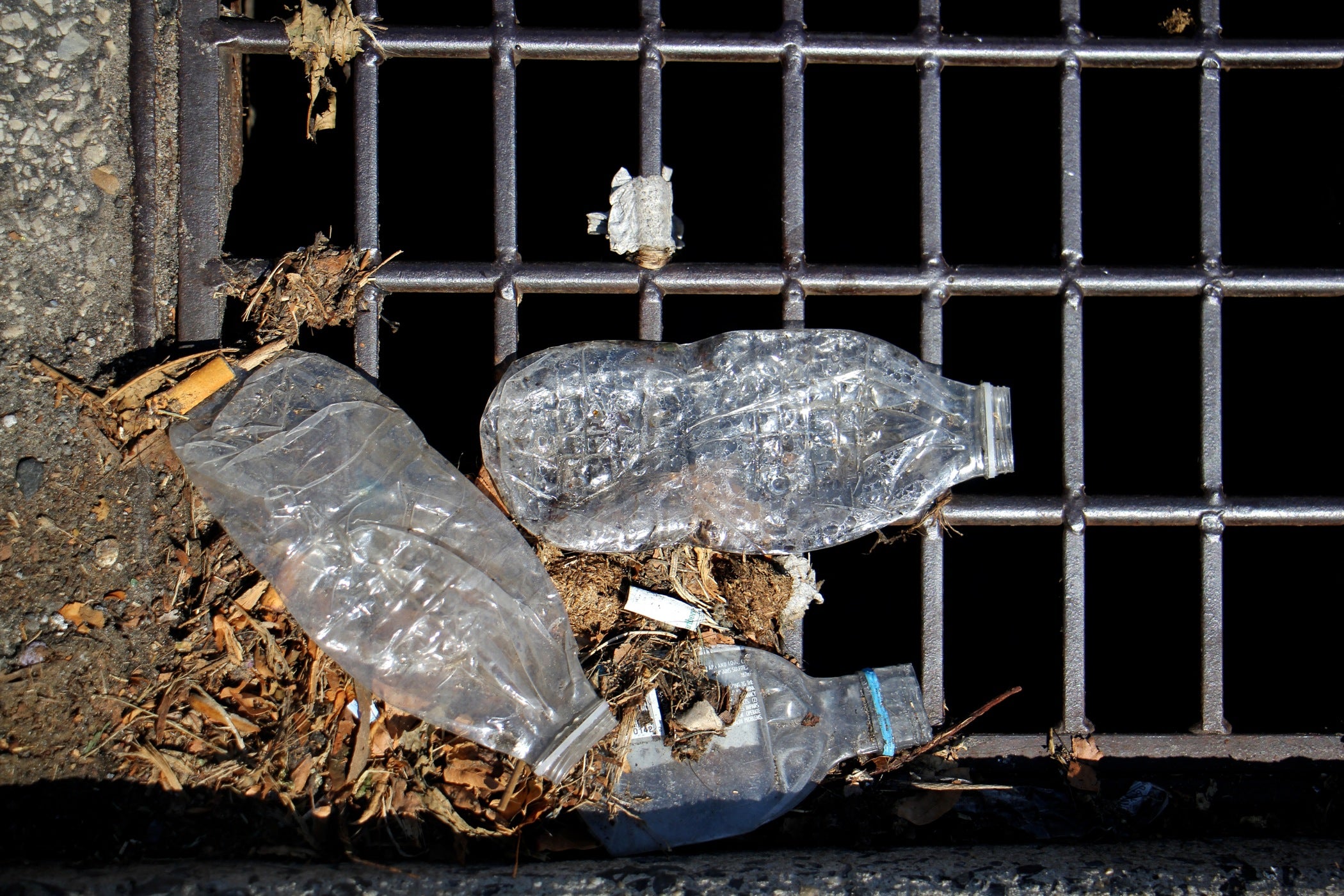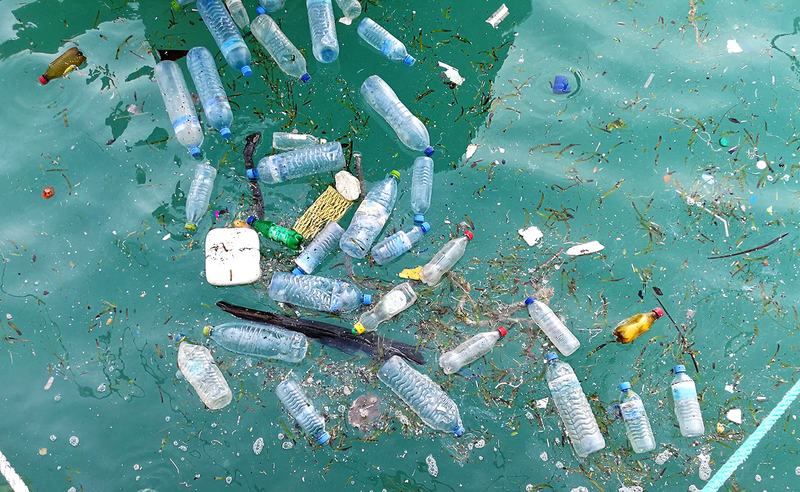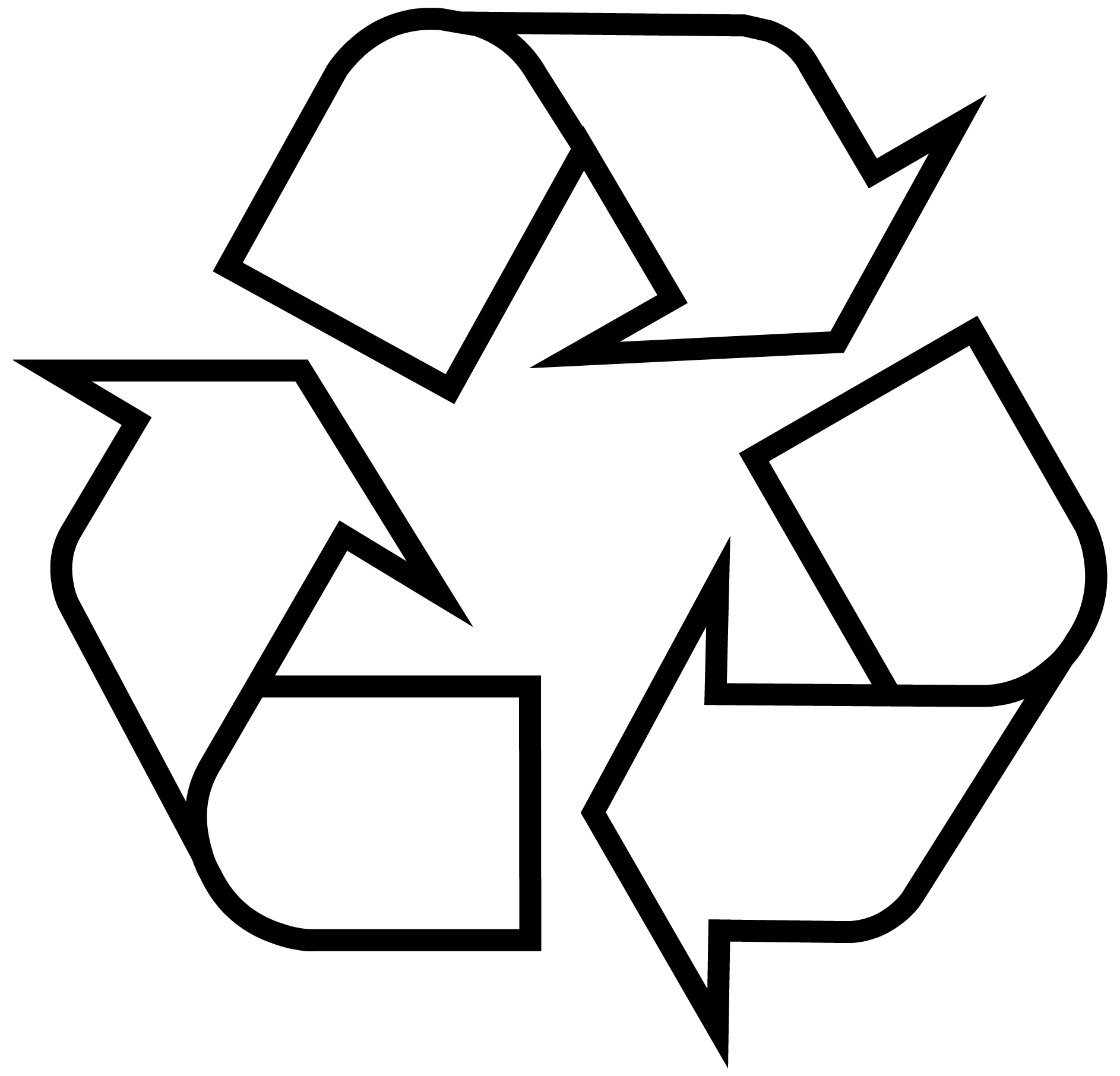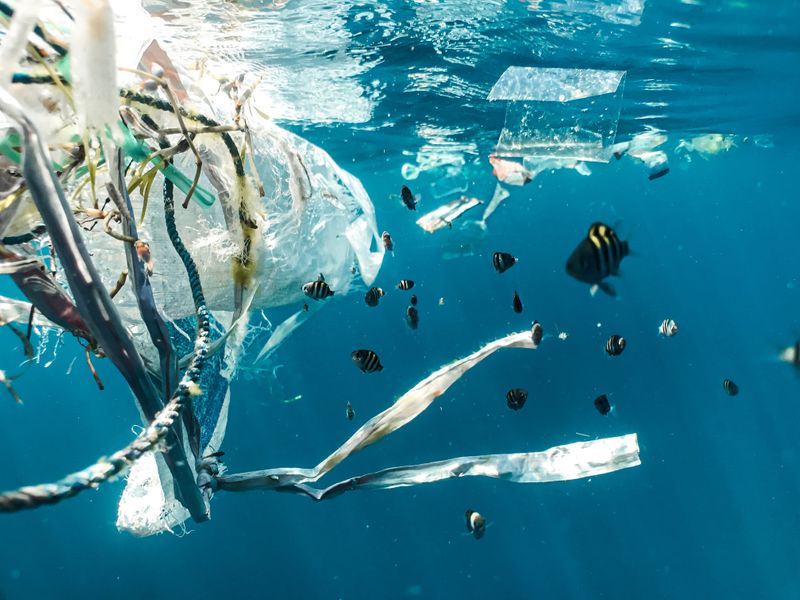
Plastic pollution, is a global problem. Every year 19-23 million loads of plastic waste leaks into aquatic ecosystem, polluting lakes, rivers and seas. it was first noticed by scientist carrying out plankton studies in the late 1960s. Plastic pollution has had a rise since then. everyday, the equivalent of 2,000 garbage trucks full of plastic are dumped into the worlds oceans, rivers and lakes. The experts estimate that up to 10% of plastic debris produced will enter the sea (Thompson, 2006) and that plastics will outweigh fish in the ocean by 2050 (World Economic Forum, 2016).
Scientists predict oceans will contain more plastic than fish by 2050 if no actions are taken. Nearly 700 species have been affected by marine trash, most of which is plastic, including every species of sea turtle, and more than half of all whales, dolphins, porpoises, and seabirds. Toxins can become concentrated in degrading plastic in water and may be transmitted to marine food webs. With more than one billion people depending on protein from the ocean, the potential human health implications are concerning.

The beach of Costa del Este in Panama City. Photo: Luis Acosta/AFP via Getty Images
Plastic production has been rapidly increasing since the 1950s. In the last two decades plastic production has doubled.
Throwing plastic in the trash when it could be recycled
Plastic you put in the trash ends up in landfill. When rubbish is being transported to landfill, plastic is often blown away because it's so lightweight. From there plastic can eventually clutter around drains and enter rivers and the sea this way.

Littering
Litter dropped on the street doesn't stay there. Rainwater and wind carries plastic into streams and rivers, and through drains. drains lead to the ocean. Improper waste disposal is also a big contributor, illegal dumping of waste adds to the plastic surge in our seas.



More than 90% of all birds and fish are reported to have plastic particles in their stomach! The toxic chemicals in this plastic waste then pass through the food chain to ultimately reach humans (www.weforum.org).
Not all communities have an organized sanitation system that collects waste and disposes of it properly. If you live in a wealthy community the chances are you have to wheel your trash and recycling bins to the curb where they're picked up every week. This is rare in low income countries. According to world bank, 90 percent of all waste is dumped into the environment or burned?
We're all using plastics, everywhere. The issue here is who pays for it when it comes to the damage that causes people's livelihoods and health,The poorer communities pay more!
If we believe in the social justice of this topic and believe making sure that the community with low income are given the equal chance to benefit from plastics how the wealthy people are. We should stand by this issue!
Avibra. (2024, March 1). Social impact: Plastic pollution. Avibra Blog. https://blog.avibra.com/social-impact-plastic-pollution/
Engler, S. (2016, January 5). 10 ways to reduce plastic pollution. Plastic Pollution Solutions. https://www.nrdc.org/stories/10-ways-reduce-plastic-pollution
Farah, A. (2023, January 31). 3 reasons why plastic pollution is a social justice issue. Rumie. https://learn.rumie.org/jR/bytes/3-reasons-why-plastic-pollution-is-a-social-justice-issue/
Ritchie, H., Samborska, V., & Roser, M. (2023, December 28). Plastic pollution. Our World in Data. https://ourworldindata.org/plastic-pollution
